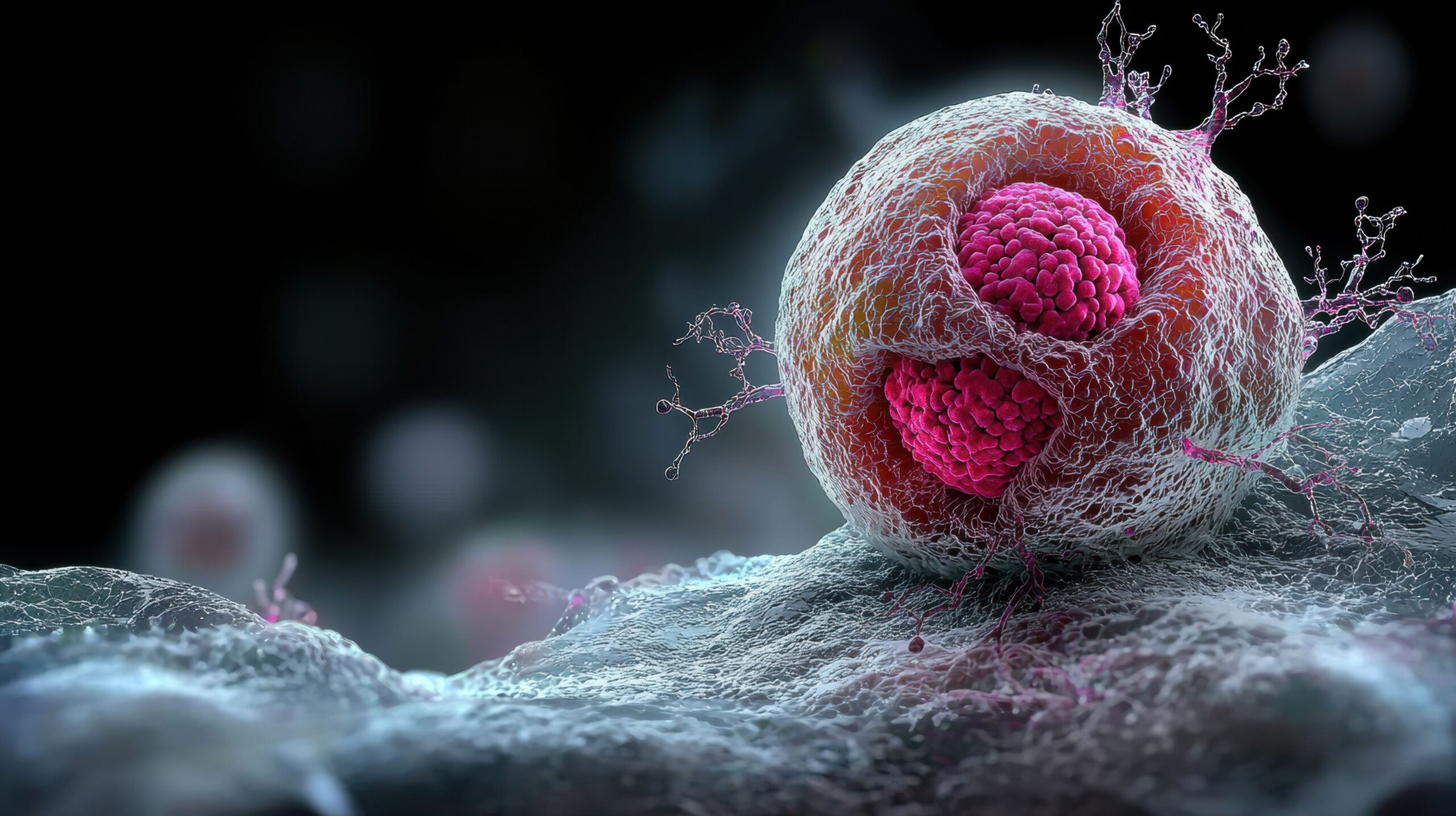ANI |
Updated: Oct 19, 2025 04:31 IST
Islamabad [
Red Dead Redemption 2 is a game best known for the little details that give it character and soul.
For many Red Dead Redemption 2 has ruined gaming as Rockstar Games’ attention to detail makes other open-world titles look simple in comparison….

DRIVERS
1 – Max VERSTAPPEN (Red Bull Racing), 2 – George RUSSELL (Mercedes), 3 – Carlos SAINZ (Williams)
TRACK INTERVIEWS
(Conducted by Jenson Button)
Q: Max Verstappen, once again the winner of the Sprint race here in Austin. I mean, it…

Sean CoughlanRoyal correspondent
 PA Media
PA MediaWe’re unlikely to see Prince Andrew at a royal public event now for at least six months. And then maybe only once or twice a year.
Banned from royal Christmas celebrations at Sandringham he won’t be on the…

Drug resistance remains one of the greatest challenges in the treatment of advanced lung cancer, particularly in patients with tumors harboring monogenic alterations. Despite significant progress in targeted therapies, resistance ultimately limits the effectiveness of treatment, underscoring the need for new strategies to overcome both intrinsic and acquired resistance mechanisms.
At the European Society for Medical Oncology 2025 Congress in Berlin, Germany, Pasi A. Jänne, MD, senior vice president for Translational Medicine and David M. Livingston, MD chair at Dana-Farber Cancer Institute, a professor of medicine at Harvard Medical School, discussed the underlying mechanisms of resistance, how to prevent resistance, and the role of antibody drug conjugates (ADCs) in overcoming barriers to optimal treatment response.
Understanding the Origins of Resistance
Resistance in lung cancer arises primarily through 2 mechanisms: pre-existing resistant clones and drug tolerance states. Pre-existing clones are subpopulations of tumor cells that harbor inherent resistance mechanisms before therapy begins. In contrast, the drug tolerance state emerges when tumor cells survive initial targeted therapy, entering a reversible, persistent state. These cells maintain some sensitivity to therapy but can eventually acquire multiple resistance mechanisms over time.
Targeted therapy resistance is highly heterogeneous. In individual patients, multiple resistance pathways may develop simultaneously, including secondary mutations, bypass signaling pathways, and histologic transformation. For example, EGFR-mutant lung cancers can develop compound mutations, downstream pathway activation, or transform into small cell or squamous histology, each representing a distinct resistance mechanism. This complexity makes designing effective treatment strategies particularly challenging.
“”Cancer is heterogeneous, and multiple resistance mechanisms can develop simultaneously,” explained Jänne, “which makes it challenging to determine the best therapeutic strategy.”
Preventing Resistance Through Combination Therapies and Advanced Inhibitors
One approach to managing resistance is the development of more potent inhibitors capable of overcoming resistance to earlier-generation drugs. For instance, osimertinib (Tagrisso; AstraZeneca) was designed to inhibit EGFR T790M mutations, while lorlatinib (Lorbrena; Pfizer Inc) targets resistance mutations arising after prior-generation ALK inhibitors.
Combination therapy also plays a critical role. Clinical studies have shown that pairing targeted inhibitors with additional agents can improve response rates and delay the emergence of resistance. In EGFR-mutant lung cancer, trials combining osimertinib with MET inhibitors—such as capmatinib (Tabrecta; Novartis Pharmaceuticals Corporation) or savolitinib (Orpathys; HUTCHMED; AstraZeneca)—demonstrated higher response rates in patients with MET amplification or high MET expression. These biomarker-driven approaches illustrate the potential of combination strategies to preemptively circumvent specific resistance pathways.
Targeting Drug-Tolerant, Persistent Cancer
A challenging subset of lung cancer involves drug-tolerant, persistent tumor cells. These cells survive initial targeted therapy, often displaying stem cell-like properties, slow cycling, epithelial-mesenchymal transition (EMT) characteristics, and epigenetic modulation. Local therapies, such as consolidated radiation to residual lesions, have shown potential controlling these populations. Small studies demonstrate improved progression-free survival (PFS) and overall survival (OS) when radiation is combined with ongoing targeted therapy.
“This drug-tolerant persistent state represents a therapeutic opportunity,” said Jänne. “If we can eliminate this intermediate population [cells that survive therapy but aren’t fully resistant], we may extend the benefit of first-line targeted therapy and delay resistance.”
Preclinical models have further illustrated the potential of targeting this drug-tolerant state. In a mouse model of EGFR-mutant lung cancer, chimeric antigen receptor (CAR) T-cell therapy cured 4 out of 10 mice with durable responses, whereas treatment with osimertinib alone or with ADCs failed to produce long-term cures. These findings suggest that novel systemic therapies, including cellular therapies, may effectively eliminate residual resistant populations and extend the duration of benefit from first-line targeted therapy.
Addressing Acquired Resistance
Acquired resistance occurs when tumors initially respond to therapy but later progress. The pattern of progression—whether systemic or focal—guides subsequent treatment decisions. For localized progression, clinicians may employ targeted local therapies such as radiation, while continuing systemic targeted therapy. For systemic progression, tissue biopsies, often combined with liquid biopsies, provide critical insights into the mechanisms of resistance, which can then inform tailored treatment approaches.
For example, EGFR-mutant tumors that acquire MET amplification can respond to combination therapy with osimertinib and MET inhibitors, showing response rates up to 58% compared with 34% for chemotherapy. Similarly, resistance mechanisms involving RET or ALK rearrangements can be addressed with combination strategies targeting the specific alterations. However, the heterogeneity of resistance mechanisms in individual tumors means that a single approach rarely addresses all pathways simultaneously.
Small Cell Transformation and Novel Therapeutics
Another mechanism of resistance in EGFR-mutant NSCLC is transformation into small cell lung cancer (SCLC). These transformed tumors are treated according to standard SCLC protocols, typically platinum-etoposide chemotherapy. Novel approaches, including tarlatamab (Imdelltra; Amgen) and ADCs, are being evaluated for efficacy in transformed SCLC. Early evidence suggests that combining targeted therapy with chemotherapy may enhance responses in this context, and ongoing trials will clarify the role of immune checkpoint inhibitors and ADCs in these transformed tumors.
The Role of ADCs and Broader Therapeutic Approaches
ADCs are emerging as a promising therapeutic option in resistant lung cancers, including those with EGFR mutations. ADCs can target a broad range of resistance mechanisms independent of the specific mutation, providing a more universal approach for patients lacking identifiable targetable alterations. For example, data from trials of troponin-2 ADCs and datopotamab deruxtecan-dlnk (Datroway;_Daiichi Sankyo, Inc) show response rates of approximately 40% in EGFR-mutant lung cancer, with some durable responses. These agents offer hope for patients whose tumors exhibit complex or polyclonal resistance mechanisms.
The Need for Biomarkers
Despite these advances, a major limitation in treating resistant lung cancers is the lack of predictive biomarkers. Biomarkers are essential for identifying which patients are most likely to benefit from combination therapy, local interventions, ADCs, or novel cellular approaches. Ongoing research aims to discover robust markers to guide treatment decisions and maximize therapeutic benefit while minimizing unnecessary toxicity.
“Careful biomarker-driven strategies will be key to tailoring treatments and improving patient outcomes in resistant lung cancers,” Jänne said.
Conclusion
Drug resistance remains a formidable challenge in advanced lung cancer, but evolving strategies offer new hope. By understanding the origins of resistance—from pre-existing clones to drug-tolerant persistent states—clinicians can better tailor therapy to individual patients. Combination therapies, local interventions, ADCs, and CAR T cells all provide promising avenues to overcome resistance, while ongoing research into biomarkers will be crucial for guiding these approaches.

Back in May, a study was published suggesting that popular weight-loss drugs such as Ozempic and Wegovy could curb alcohol cravings by as much as 70%. At the time, researchers weren’t entirely sure why the GLP-1s had such a profound effect on…

Max Verstappen has targeted improvements for Sunday’s United States Grand Prix, to ward off the unknown of McLaren’s race pace, despite controlling Saturday’s Sprint as he claimed another victory.
Verstappen closed to within 55 points of the…